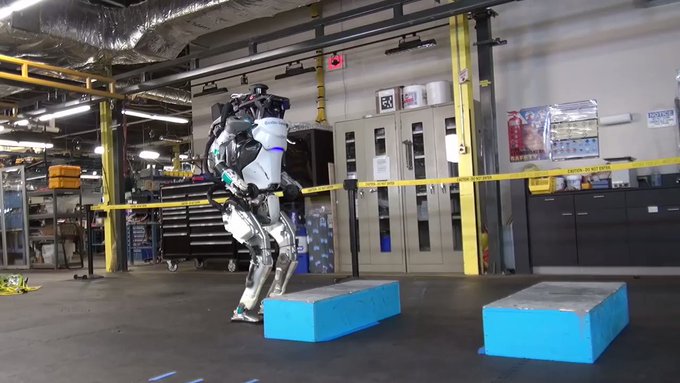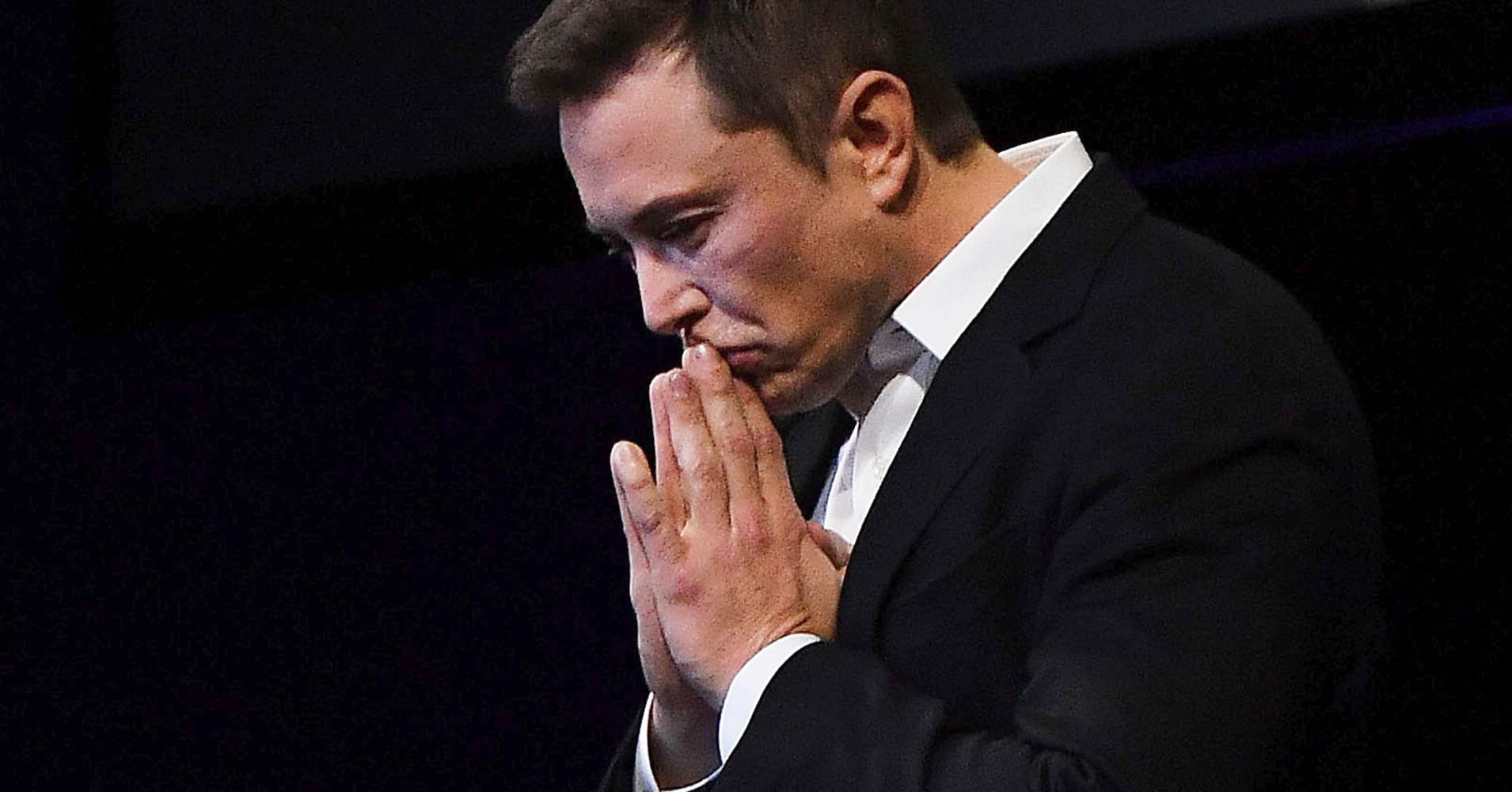Prophet or Lunatic?
"I have exposure to the most cutting-edge AI and I think people should be really concerned about it."
"I keep sounding the alarm bell but until people see robots going down the street killing people, they don’t know how to react because it seems so ethereal."
"Maybe there's a five to 10 percent chance of success [of making AI safe]. The purpose of Neuralink [is] to create a high-bandwidth interface to the brain such that we can be symbiotic with AI. How much smarter are you with a phone or computer than without? You're vastly smarter, actually. You can answer any question pretty much instantly."
"I think we'll have something interesting to announce in a few months that's at least an order of magnitude better than anything else — probably than anyone thinks is possible. You're currently in a symbiotic relationship with your cortex and limbic system. Best-case scenario, we effectively merge with AI, where AI serves as a tertiary cognition layer. It will enable anyone who wants to have superhuman cognition."
"I tried to convince people to slow down AI, to regulate AI, but this was futile. I tried for years. Nobody listened. Normally the way regulations work is very slow. This time frame is not relevant to AI. You can't take 10 years from the point at which it's dangerous."
"The merge scenario with AI is the one that seems like probably the best. If you can't beat it, join it."
Elon Musk, 47, billionaire inventor, Tesla CEO

Elon Musk
✔
@elonmusk
If you're not concerned about AI safety, you should be. Vastly more risk than North Korea.
37.3K
Mr. Musk looks to the future with both a scientific impresario's curiosity and foresight and awareness of the drama that could be unfolding as humanity is challenged by artificial intelligence looming on the horizon with its promise to change our world at least as much as the Internet has done, but, according to Mr. Musk with potentially grave consequences. He believes that artificial intelligence once unleashed has the potential to challenge humankind's primacy as a controlling vector of the future.

He appears to be pragmatic in his approach, believing the worst could happen, that humans could become subservient to a far more intelligent creation than ourselves; that describes the pessimist in this man's inventively creative mind. And on the other hand, he feels that if the initiative is adequately taken humankind can absorb artificial intelligence and in one fell swoop match its intelligence quotient to defray the cost of submitting with our inferior brains to the far more adept and deep intelligence of an artificial construct of a thinking non-human intelligence.
"Essentially, how do we ensure that the future constitutes the sum of the will of humanity? And so, if we have billions of people with the high-band-width link to the AI extension of themselves, it would actually make everyone hyper-smart", he enthuses. "Electron to neuron interface at a micro level", he explains would process humanity into a creature capable of out-thinking and uber-manoeuvring a mere electronic mechanism 'taught' to think."Digital intelligence will exceed biological intelligence by a substantial margin. It's obvious."
So, who among us is willing, perhaps eager and ready to 'upgrade' their human intelligence by having a chip implanted in their head along with "a bunch of tiny wires", the goal of creating a hard drive for peoples' brains to be achieved? What, after all, could go wrong? Everything! Perhaps -- perhaps not. But even so, by submitting to that kind of creative boosting of intelligence will we transcend our human condition? How will we benefit, other than to guard ourselves against the possibility that a computer will gain power over us?
If those of us who agree to having that implanted chip alter our insight and creativity gaining cerebral function well beyond that with which our brains have been endowed will it be a plus for humanity and for the individuals involved? Will we create monsters? With greater intelligence comes the possibility of enhanced power. And humans are simply that; human beings endowed with all the emotional frailties of humanity. Just as hate and love are emotional antagonists that are very closely related, so are noble intentions and corruption.
"We worry", chides this man Musk, "more about ... what name somebody called someone else ... than whether AI will destroy humanity. That's insane." Yet to the uninitiated, Mr. Musk's preoccupation might appear in flirtation with the lunatic fringe of humanity. Ay, there's the rub.... Theatrics, Mr. Musk? Why wouldn't an 'intelligent' computer stop at the victory it is capable of claiming in chess? Why succumb to the fear that a machine would inevitably absorb the more base characteristics of humanity to wish to conquer and control?
 |
| Getty Images Elon Musk |
Labels: Artificial Intelligence, Elon Musk, Humanity, Threat
0 Comments:
Post a Comment
<< Home